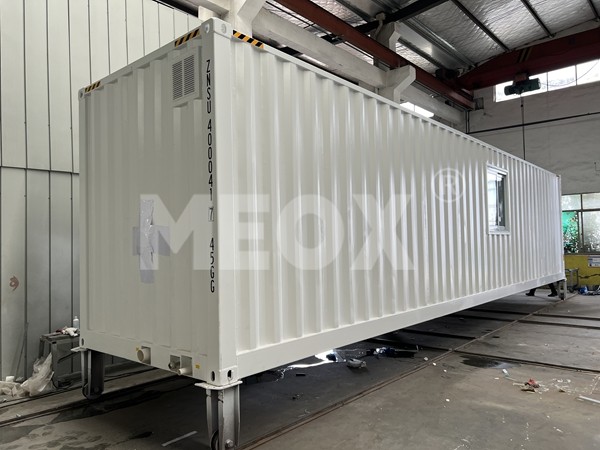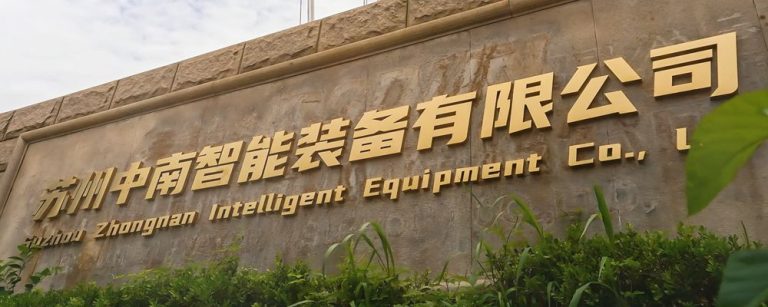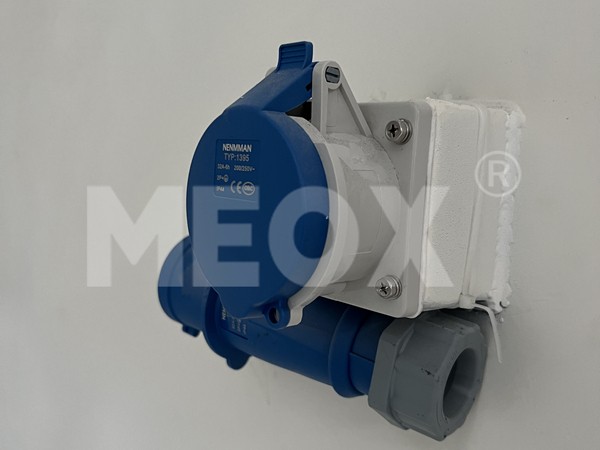Exploring the cost of freight farm containers can be a lucrative venture for those interested in alternative agricultural methods. As urban areas expand and the demand for fresh produce grows, innovative solutions like freight farms are gaining traction. But before diving into this eco-friendly agricultural business, potential investors and entrepreneurs must grasp the financial implications involved in setting one up.

Initially, the capital investment for a freight farm container may seem daunting. Prices can vary significantly depending on the size, outfitting, and the technology embedded within. A standard freight farm container could cost between $50,000 to $100,000. This price typically includes a repurposed 40-foot shipping container, fully equipped with vertical farming technology, climate controls, hydroponic systems, LED lighting, and IoT monitoring systems. While the upfront cost might seem substantial, the investment can lead to a sustainable income stream, especially in areas with high demand for locally sourced organic produce.
One of the primary appeals of freight farms lies in their location flexibility. Traditional farmland is subject to natural variables like soil fertility, weather conditions, and insect activity, often impacting yields and requiring costly interventions. Freight farming, however, circumvents these issues by providing a controlled environment that maximizes growth potential while minimizing external risks. The precision in controlling temperature, humidity, and light exposure ensures a consistent supply of crops regardless of the season, enhancing profitability.

Operational costs are another significant consideration. Despite the initial costs, operational expenses—such as energy, water, nutrients, and labor—must be factored into the overall budget. Machine learning algorithms and automation within these farms help optimize energy use, but electricity remains one of the most substantial ongoing costs. Many operators opt for renewable energy sources like solar panels to offset this expense, a smart investment that aligns with the sustainable ethos many freight farm businesses embody. Water usage in a freight farm is drastically lower than traditional farming, making it a cost-effective choice with respect to resource utilization.
The expertise required to efficiently run these high-tech farms is not to be underestimated. Knowledge in hydroponics, plant biology, and technical systems management is critical. Prospective freight farm operators often benefit from training programs provided by the manufacturers, ensuring that they are well-equipped to manage the complex systems effectively. Continual learning and adaptation are also essential, as advances in agricultural technology frequently introduce new tools and methods for improving yield and efficiency.cost of freight farm container
For marketing and sales, understanding local market demands is crucial. Freight farms allow for the cultivation of a broad range of produce, but identifying the most profitable crops for your region ensures maximum revenue. Direct sales to local restaurants, grocery stores, and farmer’s markets often result in higher margins compared to wholesale distribution. Promoting the benefits of locally grown, fresh, and sustainable produce taps into the growing consumer trend favoring transparency in food sourcing and environmental responsibility.
Furthermore, building authority in the local community as a reliable supplier of fresh produce entails consistent quality, exceptional service, and favorable pricing. Word-of-mouth, social media presence, and collaborations with other local businesses enhance the credibility and visibility of freight farm operations.
Freight farming also opens avenues for collaboration with educational institutions and research organizations. Such partnerships can foster innovation and improvements in farming techniques, contributing to more efficient and profitable operations in the long term. Engaging in community-supported agriculture programs can further bolster trust and integrate the business into the local economy, providing a platform for continuous growth and expansion.
In conclusion, while the cost of setting up and operating a freight farm container is a significant consideration, the potential returns—both financial and social—are substantial. The initial investment can quickly translate into a consistent and reliable income stream while contributing to sustainable agricultural practices and enhancing food security. Entrepreneurs who venture into this burgeoning sector with a well-researched plan, strong expertise, and community involvement are likely to find success and fulfillment.






